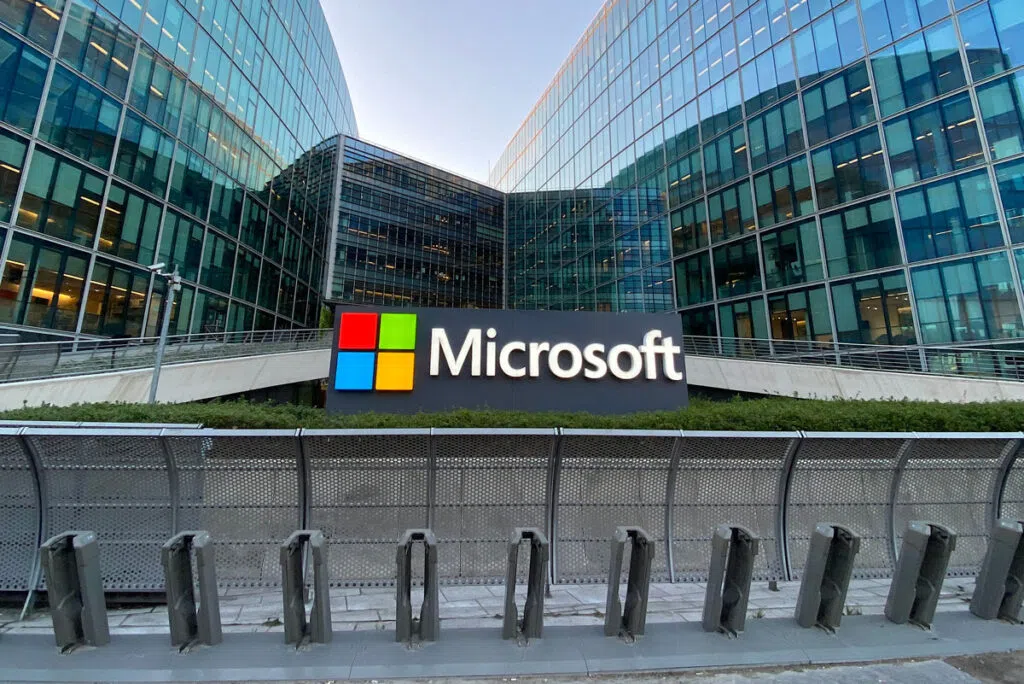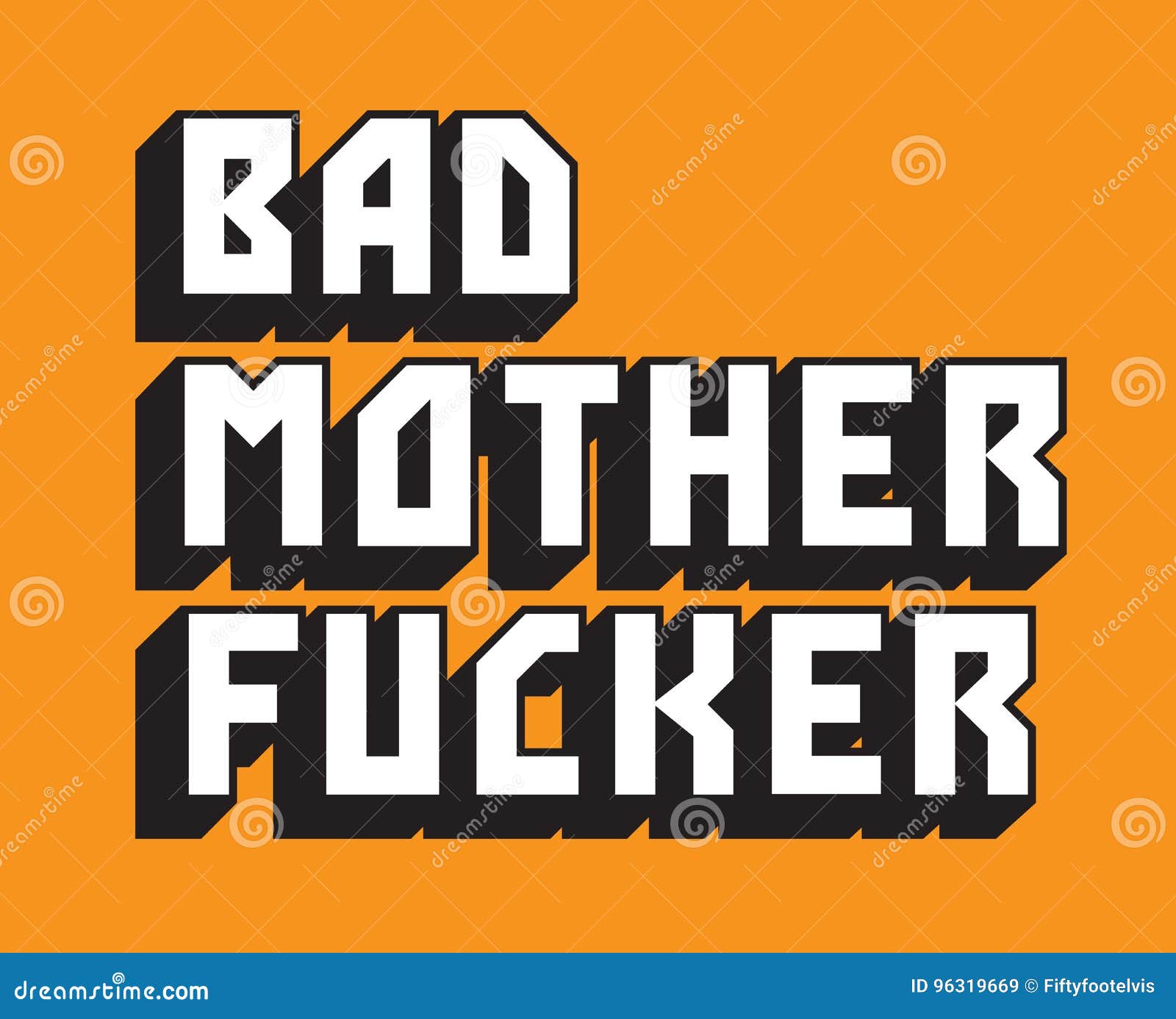FTC Challenges Court Ruling On Microsoft-Activision Merger

Table of Contents
H2: The Court's Initial Decision and the FTC's Concerns
A US District Court judge initially ruled in favor of Microsoft's acquisition of Activision Blizzard, dismissing the FTC's attempt to block the deal. The court found that the FTC failed to demonstrate that the merger would likely substantially lessen competition in the gaming market. However, the FTC strongly disagreed with this assessment, arguing the merger poses a significant threat to fair competition. Their concerns center around several key areas:
-
Loss of competition in the gaming console market: The FTC argued that Microsoft's acquisition of Activision Blizzard would give it undue control over key gaming franchises, potentially stifling competition from Sony and other console manufacturers. This concern is heightened by the popularity of titles like Call of Duty.
-
Reduced innovation due to Microsoft's control over key franchises like Call of Duty: The FTC expressed worry that Microsoft's ownership of Call of Duty and other major Activision Blizzard franchises could stifle innovation and limit consumer choice by making these titles exclusive to Xbox or making them less accessible on competing platforms.
-
Potential anti-competitive practices regarding game pricing and distribution: The FTC raised concerns about Microsoft potentially leveraging its control over Activision Blizzard titles to manipulate prices, limit access, or create unfair advantages in the market. The potential impact on digital distribution platforms is also a concern.
-
The impact on cloud gaming services: The FTC argued that Microsoft's control over Activision Blizzard's vast game catalog could harm competition in the rapidly growing cloud gaming market, potentially limiting access for competitors and consumers.
The FTC's official statements and press releases repeatedly emphasized these concerns, highlighting the potential for long-term harm to consumers and the competitive landscape.
H2: Microsoft's Defense and Arguments
Microsoft has vehemently defended its acquisition, arguing that it will ultimately benefit gamers and foster increased competition. Their central arguments include:
-
Claims of benefits for gamers, such as wider game availability: Microsoft pledged to bring Activision Blizzard games to more platforms, including Nintendo Switch and Steam, increasing their accessibility to a wider audience.
-
Agreements to keep Call of Duty on competing platforms: A key part of Microsoft's defense revolves around legally binding agreements to ensure Call of Duty remains available on PlayStation consoles, addressing one of the FTC's major concerns.
-
Investment in cloud gaming infrastructure: Microsoft highlighted its significant investments in cloud gaming technology, arguing this will increase competition and benefit consumers by offering more choice and accessibility.
-
Arguments regarding market share and competitive dynamics: Microsoft contested the FTC's assessment of market share and competitive dynamics within the gaming industry, arguing the merger would not lead to a substantial lessening of competition.
Microsoft's public statements and filings have consistently emphasized their commitment to competition and their belief that the acquisition will benefit the gaming industry as a whole.
H2: The Appeal Process and Potential Outcomes
The FTC's challenge involves a complex appeal process, potentially navigating multiple levels of the judicial system. Several outcomes are possible:
-
Overturning the original ruling and blocking the merger: This would represent a significant victory for the FTC and would set a strong precedent for future merger reviews.
-
Upholding the original ruling and allowing the merger to proceed: This would affirm the court's initial decision and allow Microsoft to complete its acquisition of Activision Blizzard.
-
Negotiated settlements or modified agreements: The FTC and Microsoft might reach a negotiated settlement involving concessions from Microsoft to address the FTC's antitrust concerns. This could involve altering the terms of the merger or making specific commitments regarding game availability and pricing.
Each potential outcome carries significant implications for the gaming industry and the future of antitrust enforcement in the technology sector. A decision in favor of the FTC could significantly impact future mega-mergers in the tech world.
H2: The Broader Implications for the Tech Industry
This case has significant implications beyond the gaming industry. It serves as a crucial test case for antitrust enforcement in the rapidly consolidating technology sector. This case will influence:
-
Future mergers and acquisitions in the technology sector: The outcome will significantly impact how regulatory bodies approach future mega-mergers within the tech industry, setting precedents for the review and approval process.
-
The role of regulatory bodies in overseeing mega-mergers: The case highlights the challenges regulatory bodies face in evaluating the complex competitive dynamics of the tech sector and the need for adaptable antitrust laws.
-
The evolving landscape of antitrust law in the digital age: The case underscores the need for antitrust laws and regulations to adapt to the rapid evolution of digital markets and business models.
-
Potential implications for other large tech companies facing regulatory scrutiny: The outcome could influence how other large technology companies are scrutinized and regulated in the future.
The Microsoft-Activision Blizzard merger is a landmark case that will shape the regulatory landscape for years to come.
3. Conclusion
The FTC's challenge to the Microsoft-Activision Blizzard merger ruling is a complex and high-stakes legal battle with far-reaching consequences. The key arguments from both sides highlight the fundamental tension between promoting innovation and preventing monopolies in the rapidly evolving tech landscape. The potential outcomes – blocking the merger, upholding the ruling, or a negotiated settlement – will have a significant impact on the gaming industry and the broader tech sector, shaping the future of antitrust enforcement and influencing how future mega-mergers are evaluated.
Call to Action: Stay informed about the ongoing legal battle surrounding the FTC's challenge to the Microsoft-Activision merger. Follow reputable news sources for updates on this landmark case and its impact on competition within the gaming industry. Understanding the complexities of this Microsoft-Activision merger is vital for anyone interested in the future of the gaming market and the broader tech landscape.

Featured Posts
-
 Canadian Dollar Strength Against The Us Dollar A Paradoxical Dive
Apr 24, 2025
Canadian Dollar Strength Against The Us Dollar A Paradoxical Dive
Apr 24, 2025 -
 John Travoltas Miami Steakhouse Adventure A Pulp Fiction Inspired Meal
Apr 24, 2025
John Travoltas Miami Steakhouse Adventure A Pulp Fiction Inspired Meal
Apr 24, 2025 -
 The Truth About Chalet Girls Serving Europes Wealthy Skiers
Apr 24, 2025
The Truth About Chalet Girls Serving Europes Wealthy Skiers
Apr 24, 2025 -
 Las Vegas Airport Faas Investigation Into Collision Risks
Apr 24, 2025
Las Vegas Airport Faas Investigation Into Collision Risks
Apr 24, 2025 -
 Building A Fiscally Responsible Canada Beyond Liberal Spending
Apr 24, 2025
Building A Fiscally Responsible Canada Beyond Liberal Spending
Apr 24, 2025
